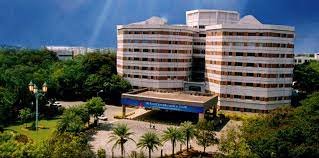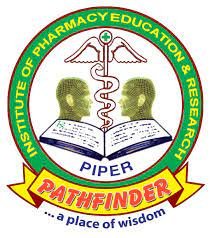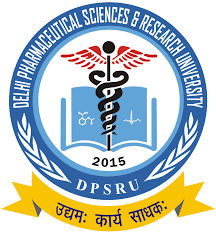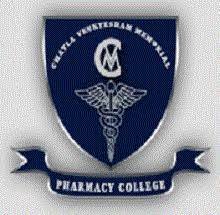M.Pharm. in Drug Regulatory Affairs Future Scope: Unlock career opportunities in pharmaceutical regulatory affairs, compliance, and research
Future Scope & Benefits for Master of Pharmacy (M.Pharm.) in Drug Regulatory Affairs Course
In the dynamic and ever-evolving field of pharmaceuticals, regulatory affairs play a pivotal role in ensuring the safety, efficacy, and quality of drugs and healthcare products. A Master of Pharmacy (M.Pharm.) in Drug Regulatory Affairs is a specialized postgraduate program that equips students with the knowledge and skills necessary to navigate the complex landscape of drug regulations. This article explores the future scope and benefits of pursuing an M.Pharm. in Drug Regulatory Affairs. An M.Pharm. in Drug Regulatory Affairs is a multidisciplinary program that combines pharmaceutical sciences with legal and regulatory aspects. The curriculum typically covers subjects such as pharmaceutical law, quality assurance, pharmacovigilance, clinical research, intellectual property rights, and international regulatory frameworks. The program's goal is to produce professionals who can effectively manage the regulatory aspects of drug development, production, and marketing.
Future Scope
-
Growing Pharmaceutical Industry: The global pharmaceutical industry continues to expand as healthcare needs increase, populations age and new diseases emerge. As a result, the demand for pharmaceutical products and regulatory professionals is on the rise. Graduates with expertise in drug regulatory affairs are well-positioned to secure jobs in this thriving sector.
-
Regulatory Compliance: Regulatory agencies worldwide are becoming more stringent in their requirements for drug approval and post-marketing surveillance. This increased focus on regulatory compliance means that pharmaceutical companies are actively seeking professionals who can navigate the complexities of the regulatory landscape.
-
Globalization of Drug Development: Many pharmaceutical companies are operating on a global scale, conducting clinical trials and marketing their products internationally. Professionals with knowledge of international regulatory frameworks are in high demand to ensure that products meet the diverse requirements of different regions and countries.
-
Biotechnology and Specialty Drugs: The development of biotechnology and specialty drugs is a rapidly growing segment of the pharmaceutical industry. These innovative products often face unique regulatory challenges, and specialists in drug regulatory affairs are essential to guide them through the approval process.
-
Pharmacovigilance: Ensuring the safety of pharmaceutical products is a top priority for regulatory agencies. Graduates with expertise in pharmacovigilance, a crucial component of drug regulatory affairs, are essential for monitoring and reporting adverse drug reactions, which is an ongoing process in the pharmaceutical industry.
Benefits of Pursuing an M.Pharm. in Drug Regulatory Affairs
-
High Demand for Professionals: Graduates of M.Pharm. in Drug Regulatory Affairs programs are in high demand, both in pharmaceutical companies and regulatory agencies. This demand translates into a wide range of job opportunities and competitive salaries.
-
Career Advancement: Regulatory affairs professionals often have the opportunity for career advancement within their organizations. With experience, they can move into managerial roles, overseeing regulatory departments and strategy.
-
Global Opportunities: Regulatory professionals with an understanding of international regulations and standards can explore job opportunities in different countries, making it a globally relevant qualification.
-
Intellectual Challenge: Working in drug regulatory affairs is intellectually stimulating, as it involves interpreting and applying complex regulations to real-world situations. Professionals in this field are continually learning and adapting to changing regulations.
-
Contribution to Public Health: Professionals in drug regulatory affairs play a crucial role in ensuring that pharmaceutical products are safe and effective. They contribute to public health by helping to prevent unsafe or ineffective drugs from reaching the market.
-
Job Security: Given the constant need for regulatory oversight in the pharmaceutical industry, professionals in drug regulatory affairs enjoy job security even during economic downturns.
-
Diverse Career Paths: Graduates can choose from a wide range of career paths within drug regulatory affairs. They can work in regulatory affairs departments of pharmaceutical companies, contract research organizations (CROs), government regulatory agencies, or as consultants.
 2 Years
2 Years
 Post Graduate
Post Graduate
 Pharmacy
Pharmacy
 Full Time
Full Time





















 back
back